Economy Watch: Rate Hike Signals Fed’s Upbeat Outlook
The Federal Reserve's decision to raise interest rates was driven by its positive view of the U.S. labor market and overall economic growth, according to the Federal Open Market Committee's latest meeting report.
By D.C. Stribling, Contributing Editor
When the Federal Reserve upped interest rates on Dec. 14, with the federal funds rate now in the range of 1.25 percent to 1.5 percent, the central bank characterized the U.S. economy as strong. The Federal Open Market Committee said in its statement: “The labor market has continued to strengthen and…economic activity has been rising at a solid rate. Averaging through hurricane-related fluctuations, job gains have been solid, and the unemployment rate declined further.”
Though optimistic about the future, the Fed nevertheless promised a continued gradual increase in rates. “The committee expects that economic conditions will evolve in a manner that will warrant gradual increases in the federal funds rate,” the statement said. “The federal funds rate is likely to remain, for some time, below levels that are expected to prevail in the longer run.”
The FOMC isn’t the only entity that’s optimistic about the direction of the U.S. economy. Also this week, the National Federation of Independent Businesses (NFIB) reported that its Index of Small Business Optimism gained 3.7 points, to come in at 107.5 in November, the second highest reading in the 44-year history of the NFIB surveys (108.0 in July 1983 was the highest).
Eight of the 10 Index components posted a gain and only two declined, as Job Openings fell from its record high level and Capital Spending Plans declined 1 point. After several solid quarters, job creation slowed in the small business sector, as business owners reported a seasonally adjusted average employment change of zero workers per firm.

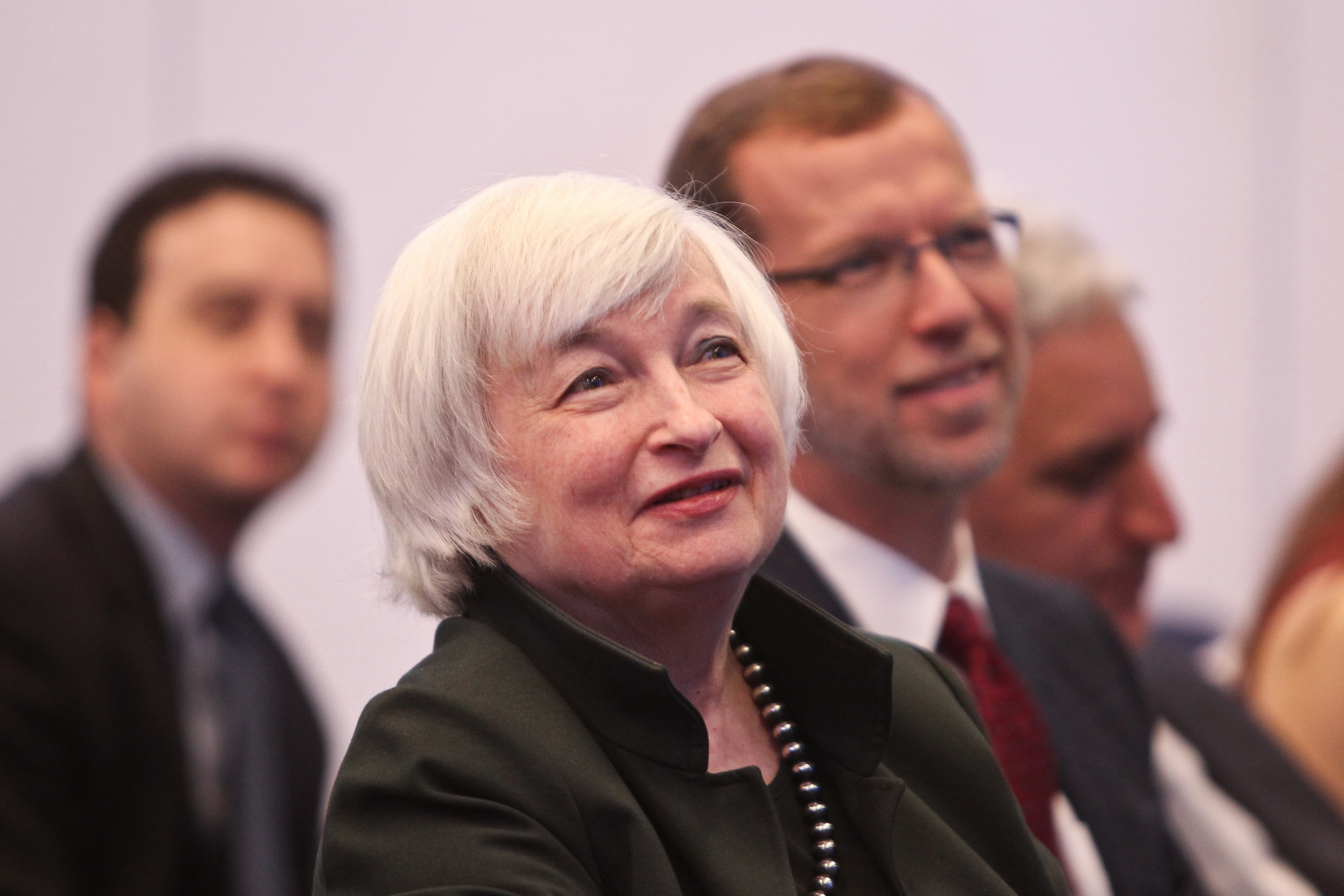
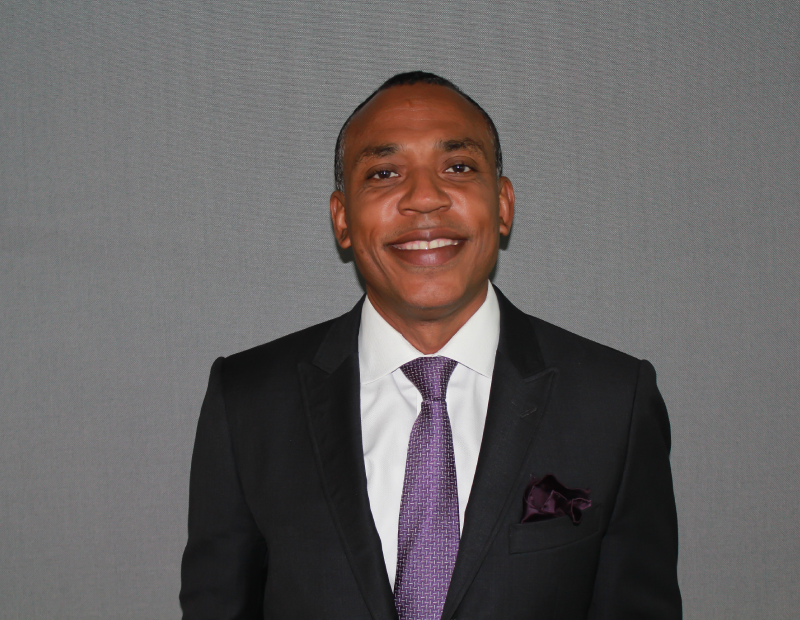
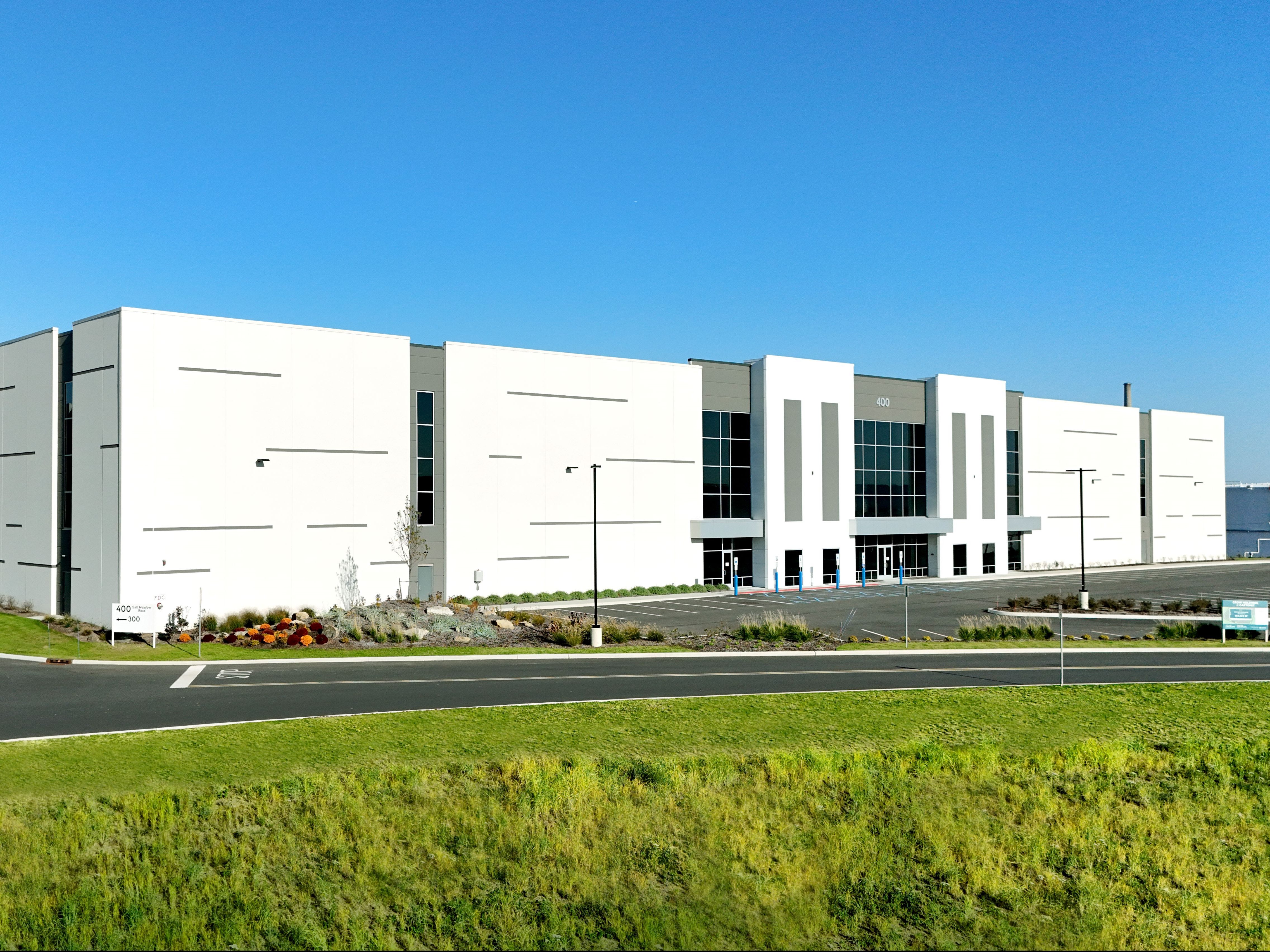
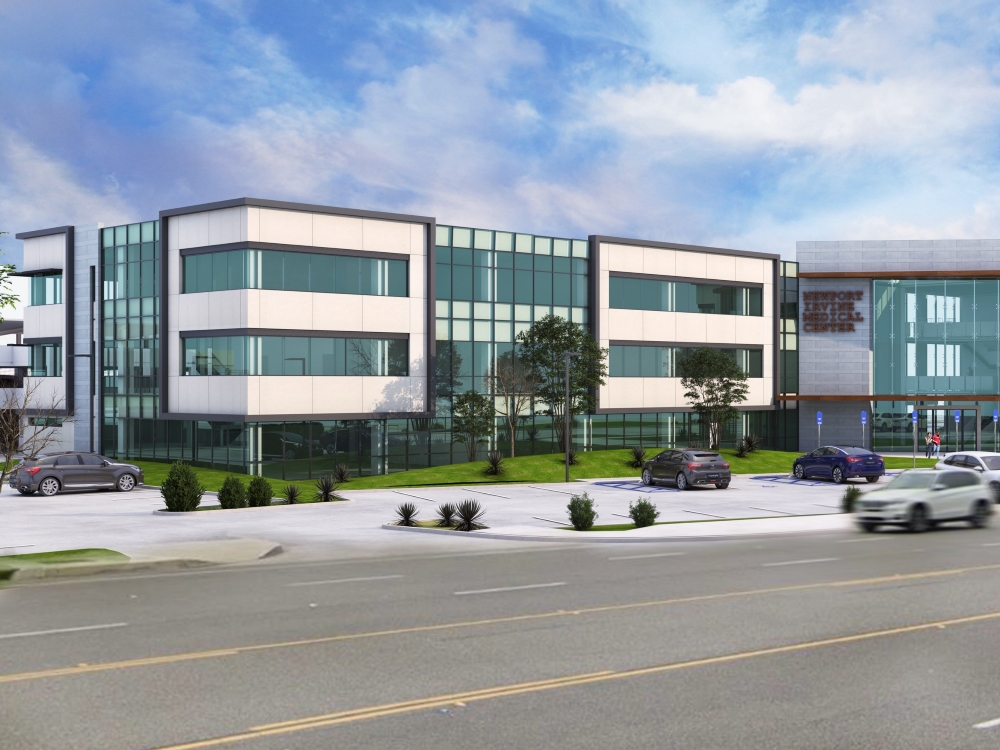

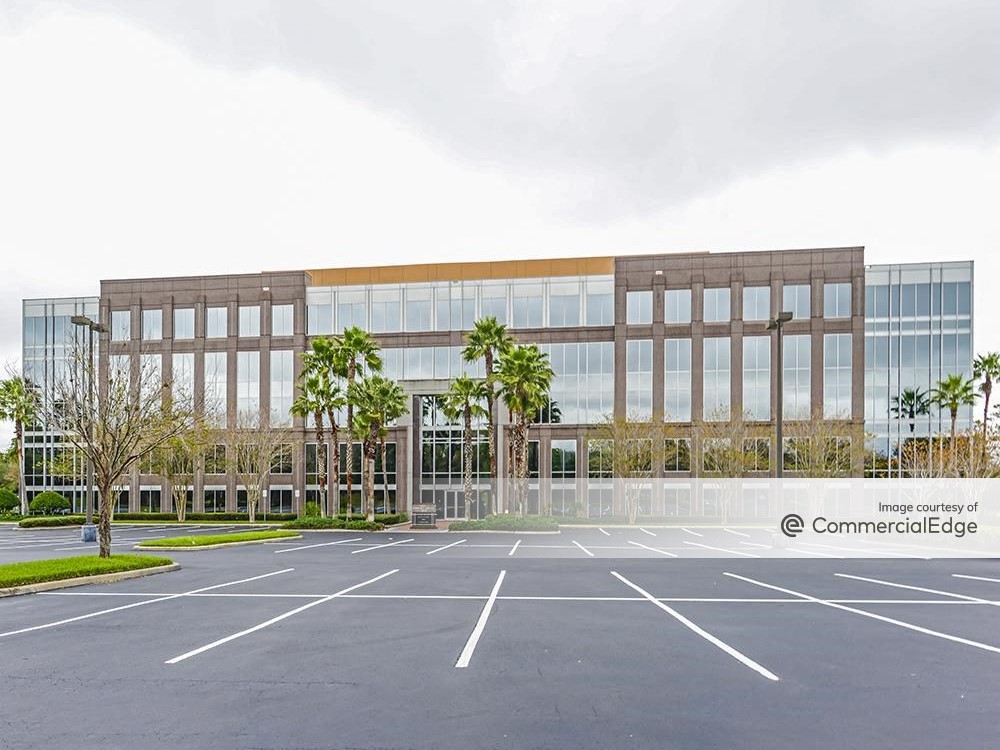
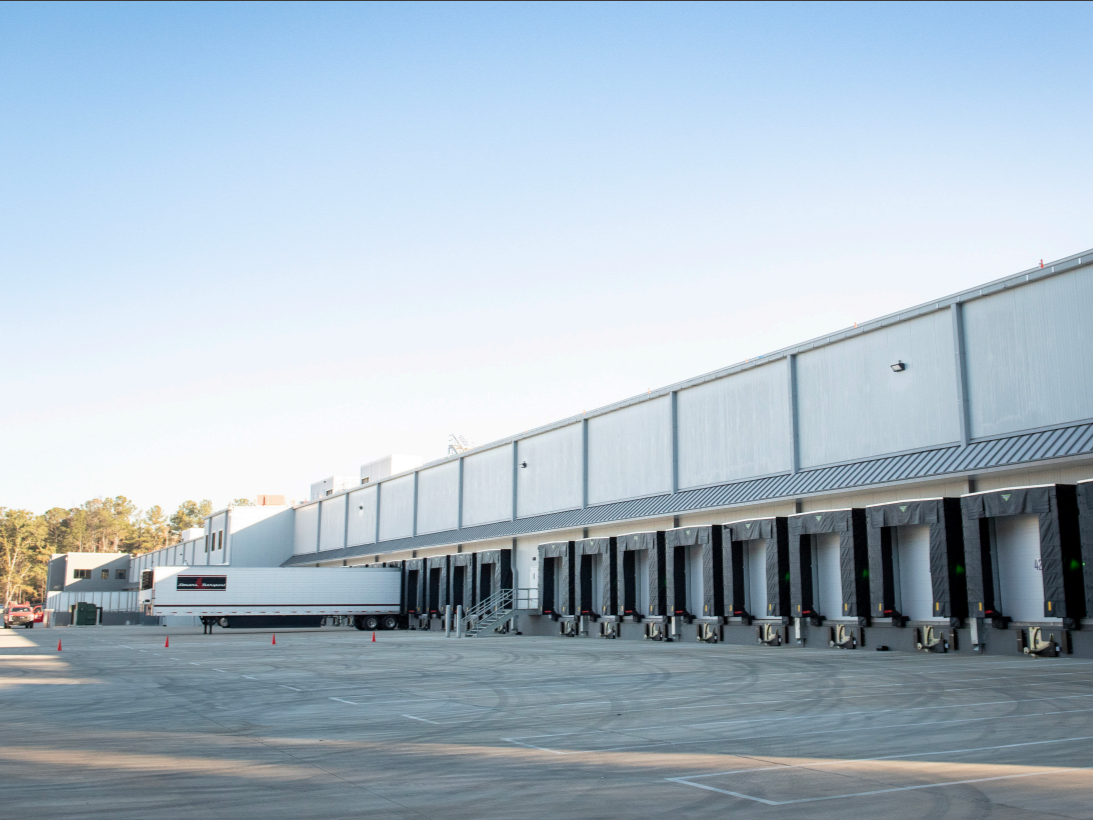
You must be logged in to post a comment.